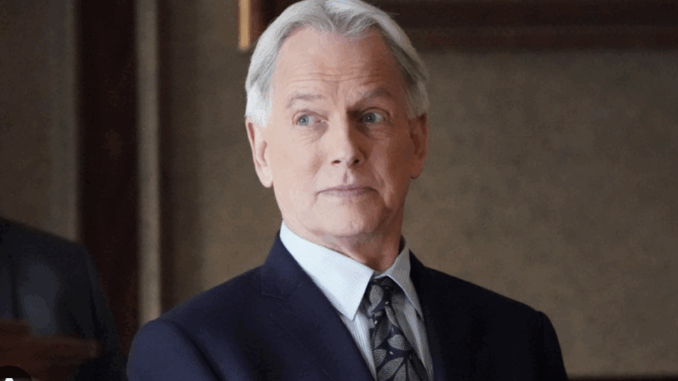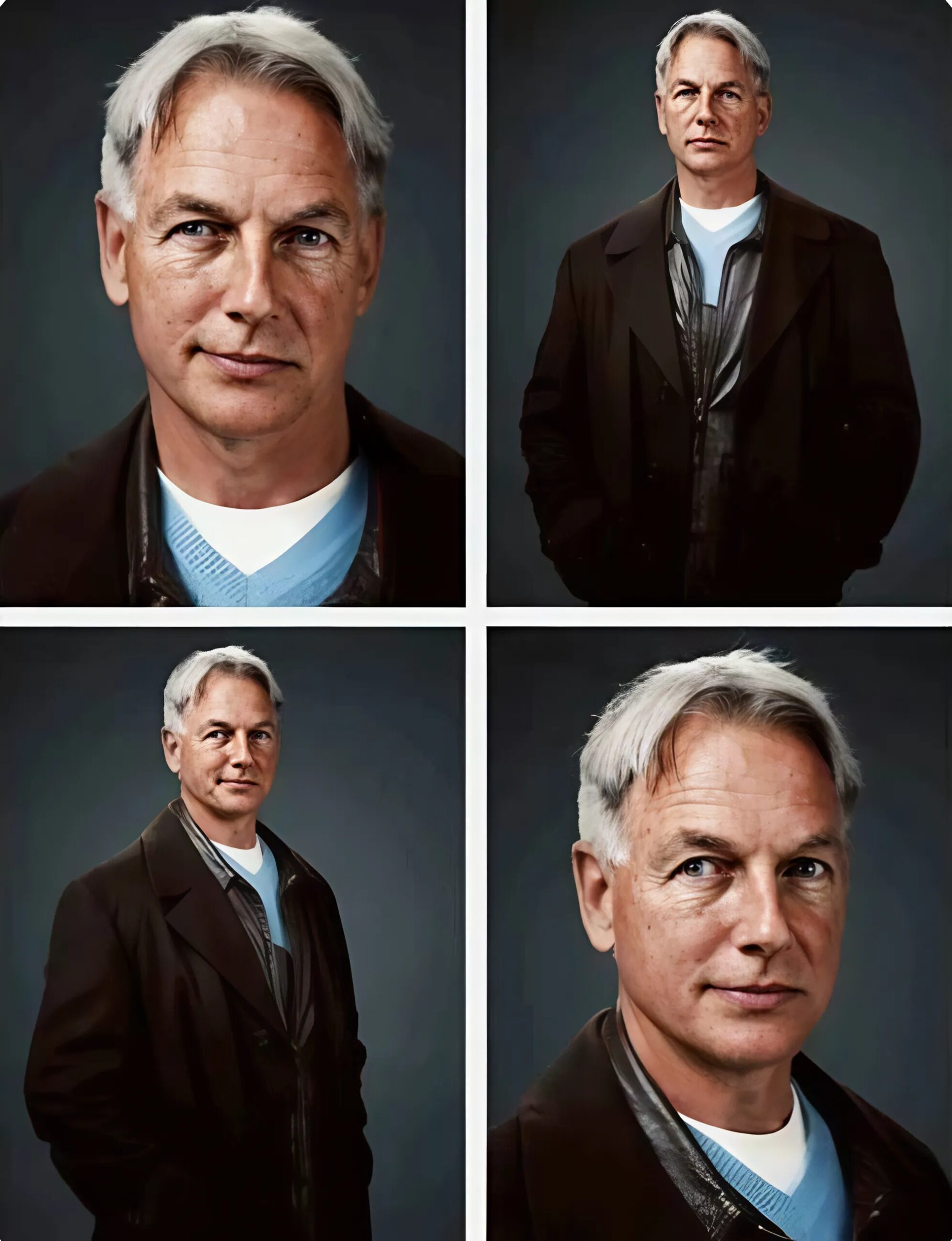
For nearly two decades, Leroy Jethro Gibbs, portrayed with understated brilliance by Mark Harmon, was the unwavering anchor of NCIS. From the very first episode, his steely gaze, quiet authority, and unwavering moral compass defined the show, making him one of television’s most iconic figures. Though he ultimately retreated from the team in Season 19, his presence continues to cast a long, indelible shadow over the series, leaving behind a legacy that is both profound and, perhaps, not yet complete.
A Legendary Journey: From the Pit to Alaska
Gibbs’s journey was one of quiet intensity and deep commitment. A former Marine sniper, he brought a disciplined, no-nonsense approach to every case. He was a man of few words, preferring to let his actions speak volumes, often punctuated by a well-placed head slap or a knowing look. His “basement” – where he painstakingly built boats by hand – became a metaphor for his methodical mind and his retreat from the complexities of the world.
His departure from the team in Alaska, choosing the serene solitude of fishing over the relentless grind of law enforcement, was a poignant moment for fans. It marked the end of an era, but it also felt true to a character who had always sought a quiet refuge from the traumas he had witnessed and endured.
The Echoes of a Mentor: His Impact on the Team
Gibbs wasn’t just a boss; he was a mentor, a father figure, and a moral guide for his team. His influence is deeply ingrained in the fabric of every character who served under him:
- Tim McGee: From the hesitant, tech-savvy “Probie” to the confident Senior Field Agent, McGee’s growth is a direct testament to Gibbs’s tutelage. Gibbs pushed McGee to step out of his comfort zone, to trust his instincts, and to become a leader himself.
- Nick Torres: The fiercely independent and street-smart Torres, initially resistant to authority, eventually came to respect and even revere Gibbs. Their dynamic was a fascinating clash of wills that ultimately forged a strong, unspoken bond.
- Ellie Bishop: Though she arrived later, Bishop quickly absorbed Gibbs’s lessons on integrity, trust, and looking beyond the obvious. She learned to trust her gut, a classic Gibbs trait, before her own departure from the team.
Beyond individual growth, Gibbs instilled in his team the infamous “Rules of Gibbs” – a cryptic yet profoundly practical set of guidelines that governed everything from crime scenes to personal conduct. These rules, often revealed at opportune moments, became a beloved hallmark of the show, solidifying his unique brand of wisdom. His willingness to sacrifice everything for his team, to bend or break rules if it meant justice was served, and his unwavering loyalty created a family out of disparate individuals.
Iconic Moments and the Whisper of a Return
Fans cherish countless legendary moments that define Gibbs: his quiet intensity during interrogations, his rare, genuine smiles, the way he always seemed to know more than he let on, and his famous coffee sips. His classic quotes, like “Never apologize, it’s a sign of weakness,” or “Never take anything for granted,” became watchwords for millions. The outpouring of affection for Gibbs and Harmon has been immense, a testament to the profound connection viewers felt with the character.
Now, the burning question on every fan’s mind is: will Gibbs return? With the recent news of a prequel series, NCIS: Origins, exploring young Gibbs’s early career, and Harmon’s involvement as an executive producer and narrator, the possibility of his return to the flagship series, even for a cameo, feels more tangible than ever. Fans yearn for one last “head slap,” one more cryptic rule, one final affirmation of his enduring presence. Whether he emerges from the Alaskan wilderness for a special case, a crucial piece of advice, or simply a brief appearance to tie up loose ends, the potential for Gibbs’s unexpected return keeps the flame of hope alive, a testament to the character’s immortal legacy in the NCIS universe.
